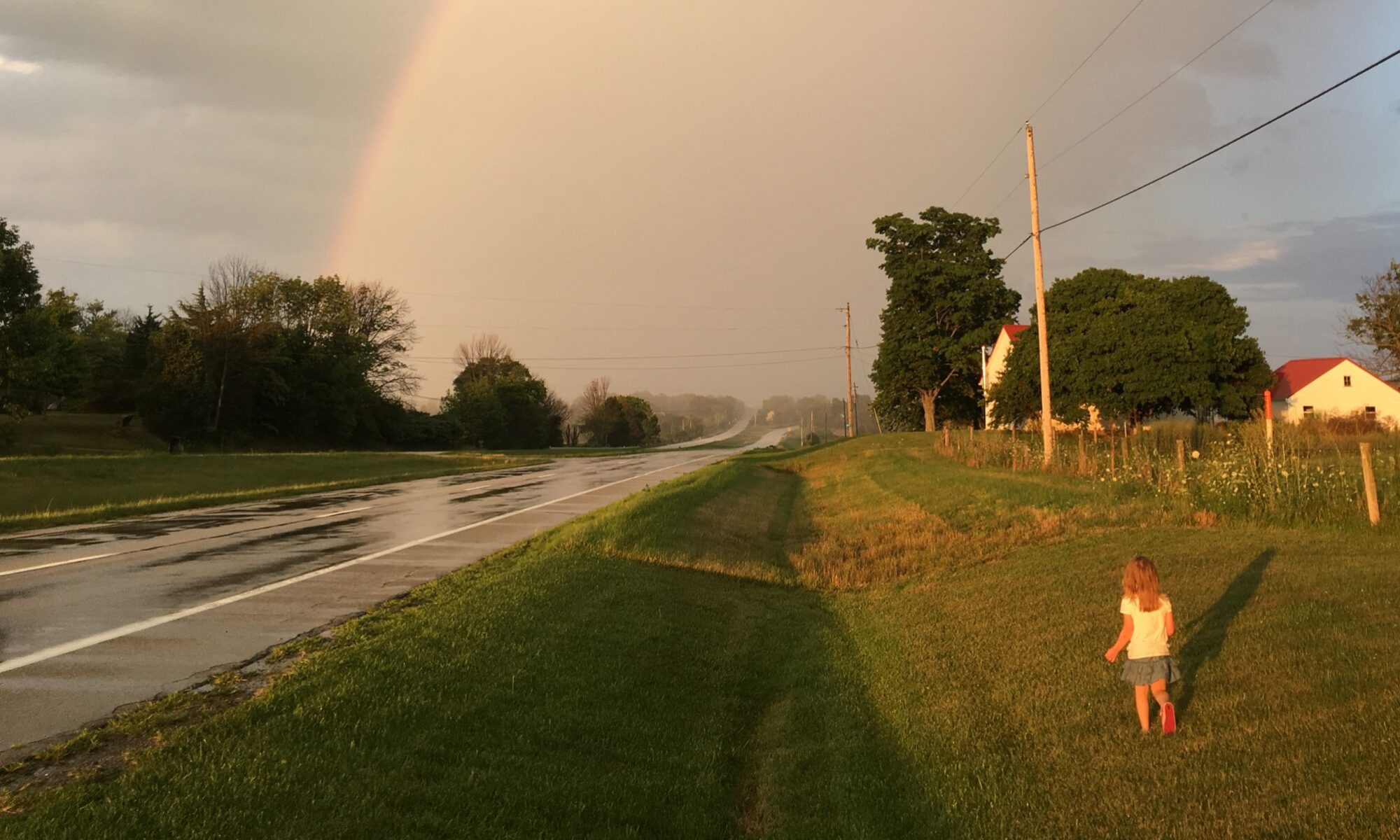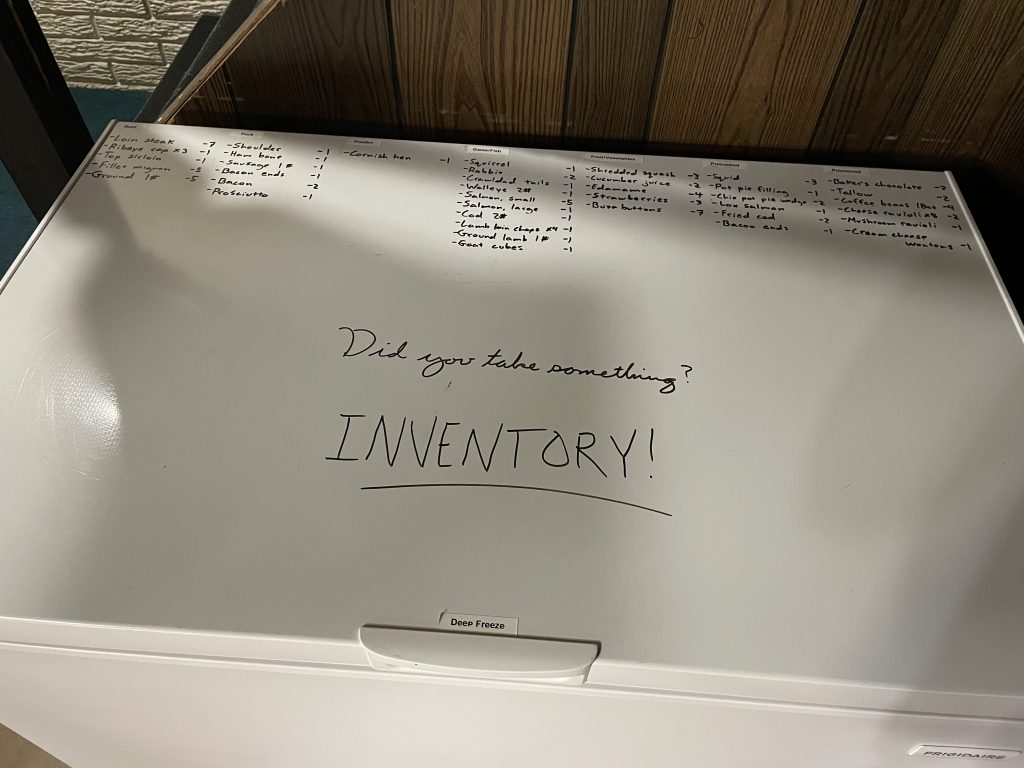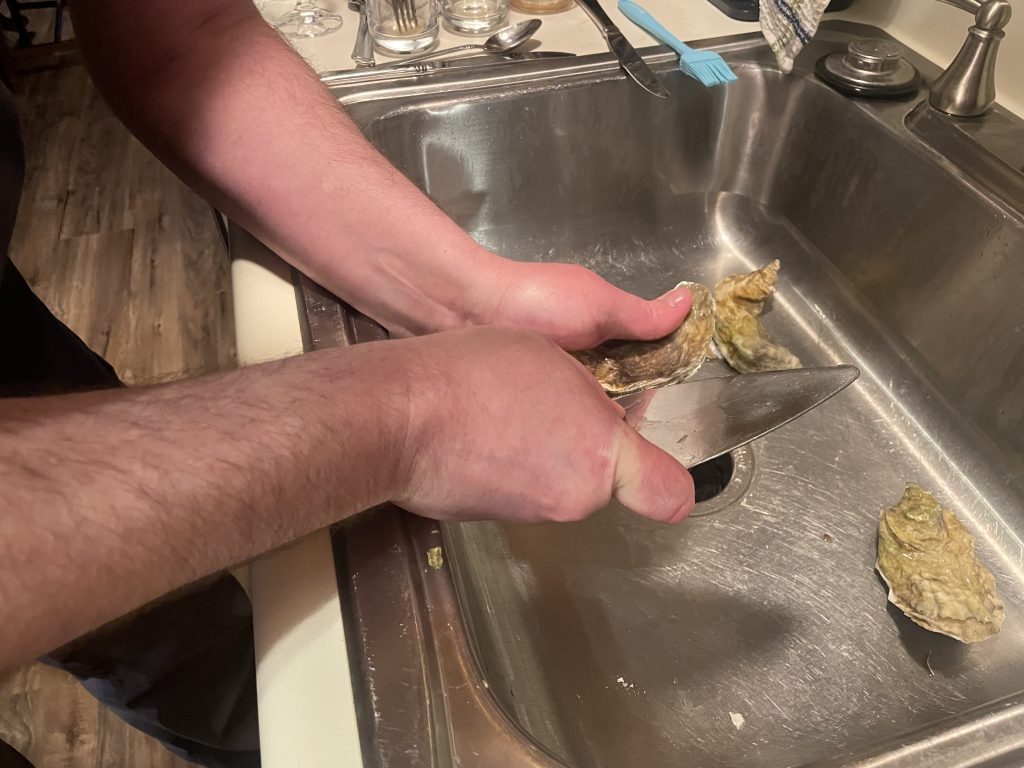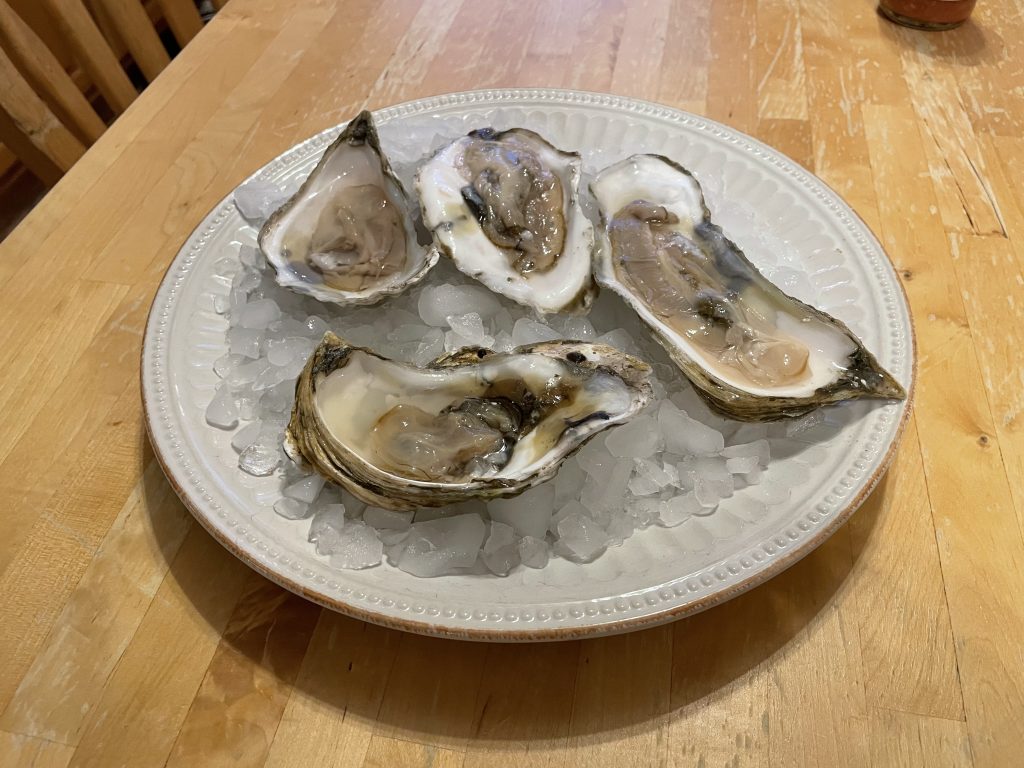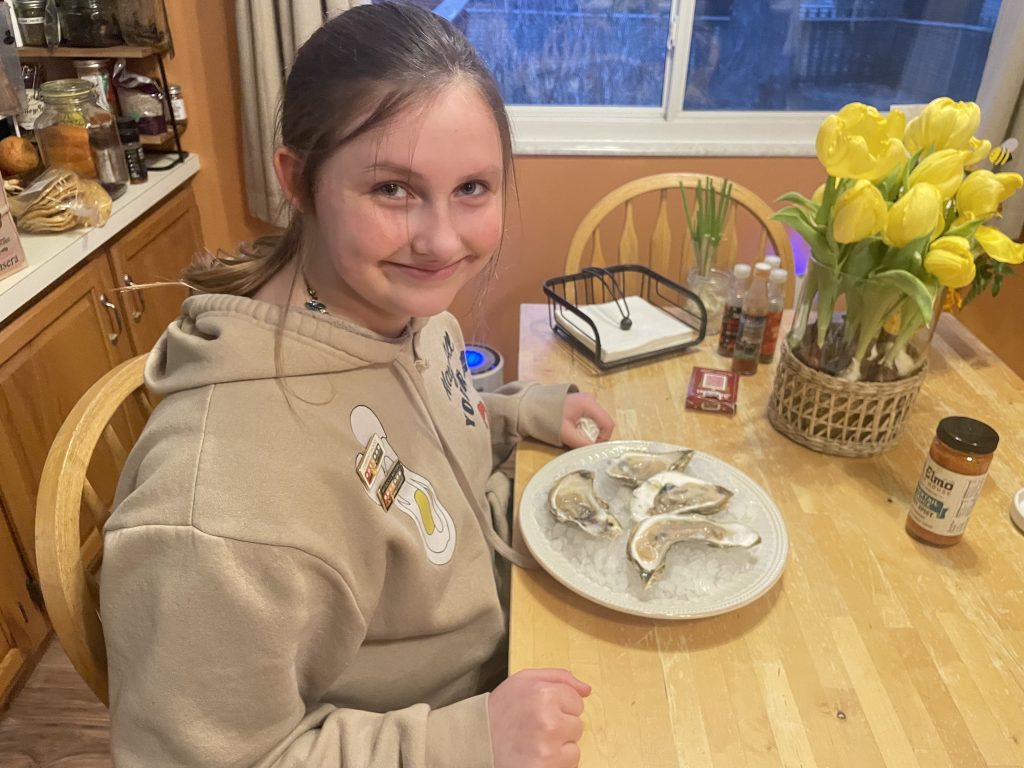I don’t normally spend any time with coworkers outside of work, now that I’m a “professional”, in some sense of the word. Stakes are higher, and I’m not looking to expand my social life. Compared to my earlier life in low-paying hourly positions, of which the only perks were to meet people of a similar age and take home product the bosses didn’t care about, I’ve now learned that too many people are out to sabotage my career and use fake camaraderie to build HR cases calling for my termination, and unlike those earlier jobs where I could easily just grab another entry-level position somewhere, a career change now would be very detrimental to my socioeconomic status. So now I’m slow to trust.
But after a stint as an Agile Product Owner, such a psychotic product development methodology unexpectedly built legitimate camaraderie amongst those of us forced into unified misery. Some less-lethal version of soldiers under fire. And as a result, I now have a recurring lunch with my former Scrum Master: Ken. It was a lunch, originally. And admittedly, Ken’s idea. He’s a networker it would seem. I’ve always been envious of people who can do that – those who maintain a broad professional circle.
But now I’ve changed it to a walk, because I hate trying to talk while eating. Talking while walking is far easier, and healthier. And being outside has proven mental benefits.
But Ken, not being one for sameness, wanted to try different parks each walk. This presents an interesting circumstance in which I now need to look into where all the local parks are. Normally I look for parks in which to shoot squirrels, so this is not my normal variant of parks and rec. But it is an opportunity to learn more about the outdoor world beyond my bubble, so I’ll take this project and begin documentation!
First up: Bill Yeck, the Smith House Entrance:
Frankly, I don’t much care about a park’s backstory unless it involves some historical event. But usually metro parks are just former private property that the former estate willed in a trust to become undeveloped greenspace. It’s a nice gesture, but hardly interesting. Here’s the info for those so inclined to read it: https://cwpd.org/parks/bill-yeck/
And now, my review:
Difficulty: 1-3/5, depending on the trail.
Points of note:
- Varying trail elevations and corresponding difficulty.
- Multiple biome selection: forest, meadow, gully.
- Bird blind, markers with some backstory info, apiary.
There’s plenty of trail to choose from on this one. It’d take multiple visits to cover them all. Happy hiking.
–Simon

